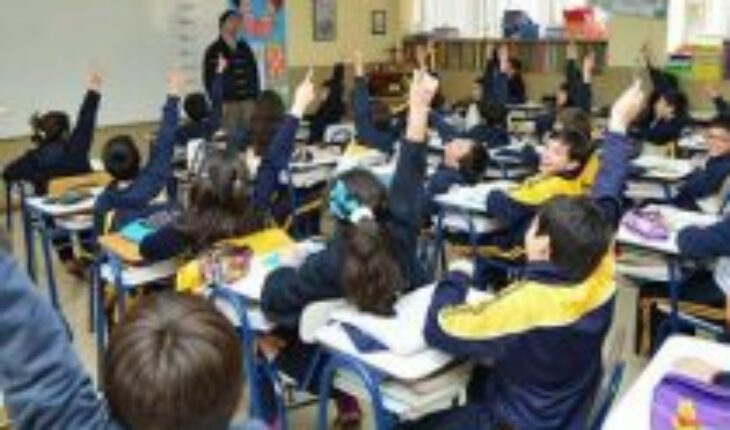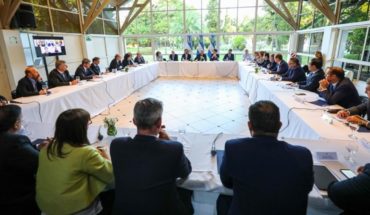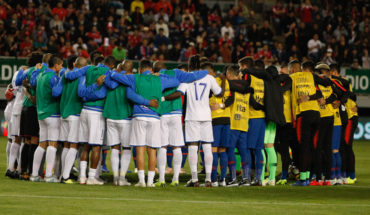Without a doubt, today we are entering an epochal change. The social outbreak of 2019, the plebiscite of 2020, the failure of the Constitutional Convention, the current panorama of socioeconomic uncertainties, the delicate state of mental health in Chile puts us in front of a time of initiatives. In this scenario it is a duty, for educational research, to have the thought about what happened to us, and therefore, about everything we want to happen to us. “Today a new Chile is founded” were the words of the then president of the constituent commission, Elisa Loncón, she said in her inaugural speech that Sunday, July 4, 2021.
Today as never before in the history of Chile, it is necessary that we all think about living and living together with dignity and equal opportunities. In resonance with the above, it will be transcendental to build new epistemic knowledge that fosters a renewed pedagogy, a renewed education that promotes the new construction of the reality we yearn for. The aforementioned will need to be taught, the new Chile must be learned. A Chile in which the integral formation and citizenship training of students is a priority.
Pretending that stopping looking at the past is a good option, in these conjunctural times is a mistake. In the National Stadium of Chile lies the phrase “A people without memory has no future”, this phrase resists loneliness and fights the passage of time with the function of demanding that we not forget that there was a moment when the political project of the majority was silenced by the political project of a few. What happened in the last century, is still part of what shakes our realities today in the twenty-first century.
“And with the historical awareness that we are a post longer than our life experiences, we can say today with great joy, with great hope, as we have repeated in the squares of our country, in the regions, in the most remote spaces, that if Chile was the cradle of neoliberalism, it will also be its grave comrades.” G. Boric (Personal communication, July 18, 2021)
It is worth asking: Do we know what our reality is? What do we leave behind, since 2019, and how is education committed, as a socio-political and historical institution?, embodied in the teaching staff, with the reconstruction of new knowledge that cements what we long for, but we must learn. This questioning is not intended to be dogma or less a straight path to a north, however, the question is intended to be the beginning of a reflection that allows recognizing those scientific bases that were constituted in valid knowledge that collaborated in the legitimization of one of the most unequal social structures in the Latin American region.
The question also enables reflection, it is possible to go on oneself, and consequently, on what constitutes him as a rational and social being in a built space. Estela Quintar (2014) proposes that, “the epistemic position is fundamental because it has to do with the ethical-political option from which I stop to look. It is not the same to observe from an analytical position, than from a critical – hermeneutic position”. (p. 134). In this sense, education must contribute to a critical hermeneutic position in which realities are questioned for the progress and mobility of human beings. Education lives difficult times, in which incivilities are daily, the 2 years of confinement have put on the national scene the problem of mental health and control of emotions and also raises a scenario of new questions about What education do we want for the future?
Follow us on
The content of this opinion column is the sole responsibility of its author, and does not necessarily reflect the editorial line or position of El Mos.trador.





